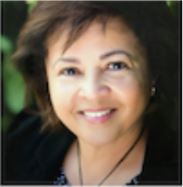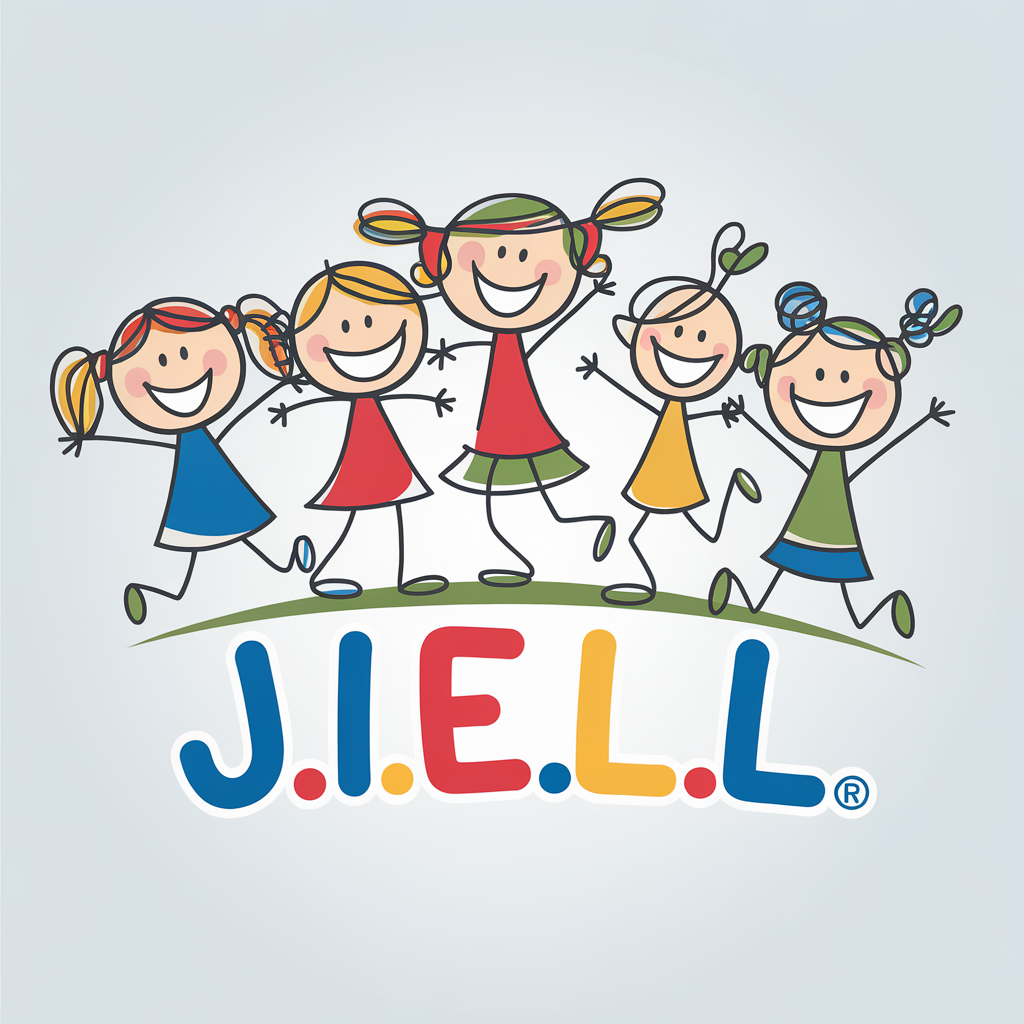 Pioneering Work in Early Childhood Language Development
Pioneering Work in Early Childhood Language Development
Professional Background
Dr. Debra Jervay-Pendergrass is a distinguished speech-language pathologist (SLP) and audiologist who has made significant contributions to the field of early childhood language development and communication. She holds professional credentials as both a speech-language pathologist and audiologist, positioning her uniquely to address both the hearing and communication aspects of child development.
The STORIES Program: A Revolutionary Approach
Program Philosophy
Dr. Jervay-Pendergrass serves as co-director of the innovative STORIES program, which operates on the foundational belief that “every child regardless of age, gender, ethnicity, disability has a story to tell.” This inclusive philosophy represents a paradigm shift in how professionals and caregivers view early childhood communication, recognizing the inherent worth and communicative potential of every child.
Methodological Innovation
The STORIES program employs a sophisticated observational and training methodology that has transformed how caregivers recognize and respond to early communication attempts. Jervay-Pendergrass videotapes children in natural settings to train caregivers, selecting examples that demonstrate when adults successfully “tune-in” to a child’s communication attempts, as well as instructive cases when they miss opportunities to connect.
The 15 Communication Clues Framework
Comprehensive Communication Recognition
One of Dr. Jervay-Pendergrass’s most significant contributions to the field is her identification of a comprehensive framework for recognizing early communication attempts. She has identified 15 specific clues that adults can watch for in young children’s communication efforts, including “a word, word combinations, a sentence, or a series of sentences put together. A gesture, a facial expression, a cry…”
Practical Application
This framework extends far beyond traditional verbal communication recognition. For example, when observing a child named Zoe, Dr. Jervay-Pendergrass demonstrated how “Zoe is saying ‘ow, something happened,'” showing how adults can interpret and respond meaningfully to what might otherwise be dismissed as simple vocalization. Similarly, she illustrated how a child named Amber communicating “Daphne, we got stuck” was using a two-word combination to tell a complete story about their shared experience.
Educational Philosophy and Impact
Language as a Universal Gift
Dr. Jervay-Pendergrass advocates for a democratic and accessible approach to language development. She emphasizes that “language is free. It’s a gift that we can give our children anytime and in any place. The only thing that it costs us is our time.” This philosophy democratizes language learning by removing barriers related to socioeconomic status, special materials, or formal training requirements.
Recognizing Everyday Stories
A central tenet of her work involves helping adults recognize the significance of children’s everyday experiences. She notes that “with young children, things that we take for granted, for them, are important stories, important experiences to share.” This perspective validates children’s lived experiences and encourages meaningful adult-child interactions around mundane but personally significant events.
Research and Professional Contributions
National Recognition
Dr. Jervay-Pendergrass’s work has gained national attention through her involvement with PBS’s Reading Rockets initiative, a highly respected educational resource. Her contributions appear in Reading Rockets webcasts focusing on “building pre-reading skills” and exploring how pre-school experiences affect children’s ability to learn to read.
Collaborative Approach
Her work is frequently featured alongside other leading experts in early childhood education, including researchers like Dr. Todd Risley (co-author of “Meaningful Differences in the Everyday Experience of Young American Children”), Dr. Sharon Ramey (Georgetown University), and Dr. Julie Washington (Wayne State University), indicating her standing within the professional community.
Impact on Early Literacy Development
Bridge to Reading Success
Dr. Jervay-Pendergrass’s ultimate goal is to “increase conversation, boost vocabulary and propel toddlers towards literacy” by opening adults’ eyes to young children’s communication efforts. Her work recognizes the critical connection between early oral language development and later reading success.
Prevention-Focused Approach
Rather than waiting for problems to emerge, her methodology emphasizes early recognition and response to communication attempts, potentially preventing later language and literacy difficulties. This preventive approach aligns with current best practices in early childhood intervention.
Theoretical Contributions
Expanding Communication Definitions
Dr. Jervay-Pendergrass has expanded professional and public understanding of what constitutes meaningful communication in young children. By recognizing non-verbal cues, emotional expressions, and emerging verbal attempts as legitimate communication, she has helped shift the field toward a more inclusive and comprehensive view of early language development.
Caregiver Empowerment
Her training methodology empowers caregivers with practical skills for recognizing and responding to children’s communication attempts. This approach democratizes language intervention by providing everyday adults with professional-level observational and response skills.
Professional Significance
Dr. Debra Jervay-Pendergrass represents a new generation of speech-language professionals who combine clinical expertise with educational innovation. Her work bridges the gap between research and practice, providing evidence-based strategies that can be implemented by parents, teachers, and other caregivers without extensive specialized training.
Her emphasis on recognizing every child’s communication potential, regardless of ability or background, reflects contemporary values of inclusion and equity in education. The STORIES program and her 15-clue framework provide concrete tools for implementing these values in practice.
Lasting Impact
Dr. Jervay-Pendergrass’s work continues to influence how professionals and families approach early childhood communication development. Her contributions have helped establish a more nuanced, respectful, and effective approach to supporting young children’s language development during the critical early years when foundational communication skills are established.
Through her innovative STORIES program, comprehensive communication recognition framework, and commitment to making language development accessible to all children, Dr. Debra Jervay-Pendergrass has made lasting contributions to the fields of speech-language pathology, early childhood education, and developmental psychology.
